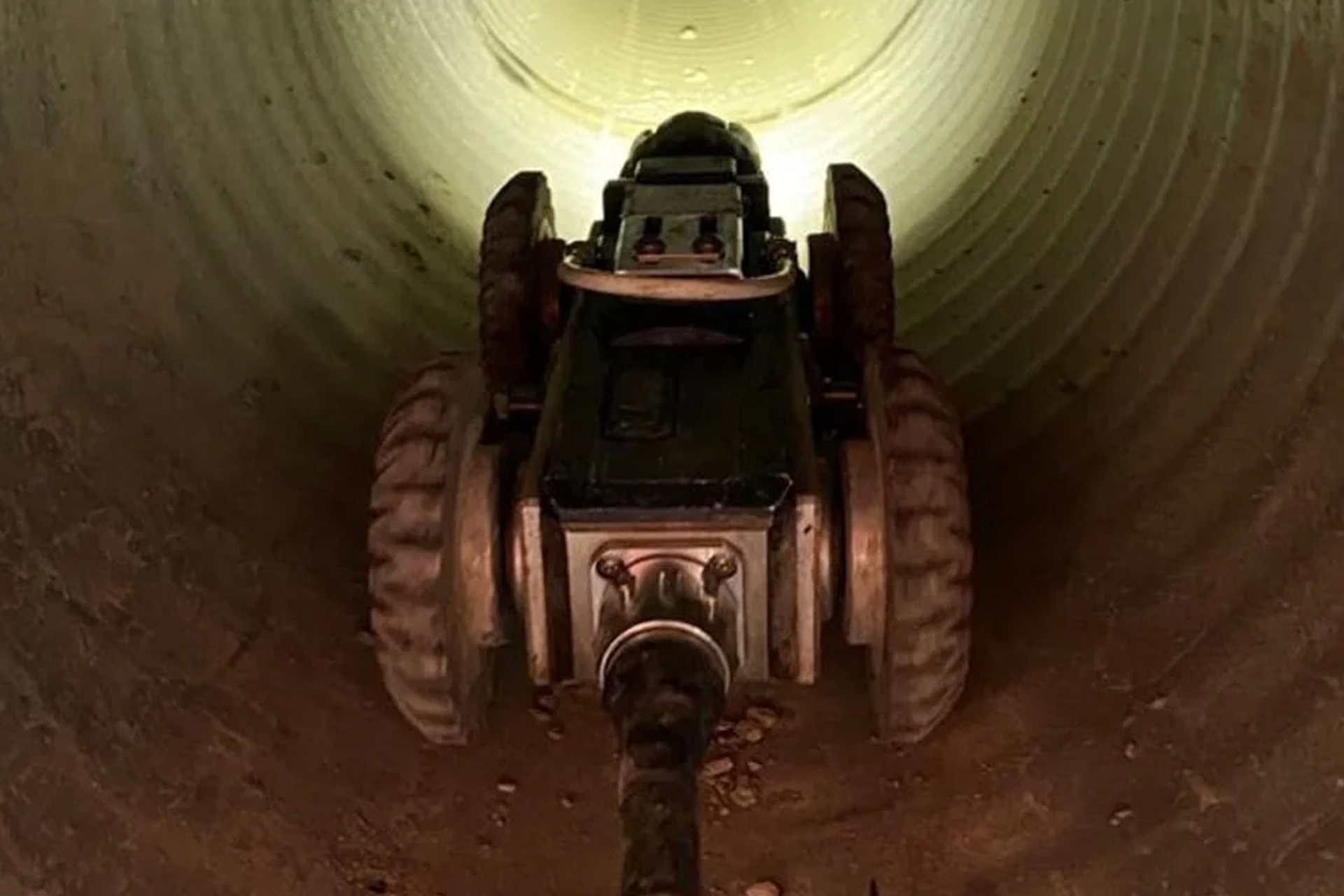The Single Strategy To Use For Reclaim Waste
The Single Strategy To Use For Reclaim Waste
Blog Article
Reclaim Waste Can Be Fun For Anyone
Table of ContentsReclaim Waste Can Be Fun For EveryoneThe 8-Second Trick For Reclaim Waste8 Simple Techniques For Reclaim WasteFacts About Reclaim Waste UncoveredEverything about Reclaim Waste
Discover the types, events, and forms of fluid waste. Domestic sewer waste describes the waste and products from a household septic system. This sort of waste is produced by people in homes, schools, and various other buildings. This only includes septic systems that have a drainpipe area. The appropriate monitoring and disposal of domestic sewage waste need liquid waste to be transferred to a sewer treatment plant where the proper approaches and equipment are used to cleanse and dispose of waste.
Industrial waste frequently consists of potential dangers, such as combustible materials or a blend of fluid and strong waste products, and needs an advanced and thorough disposal process. The disposal of industrial waste usually involves the filtering of waste prior to transportation to make sure secure and proper disposal. Hazardous waste is created from results and drainage of commercial procedures and production.
This type of waste can not utilize the very same sewage administration transport or procedures as septic or business liquids. The industrial waste administration procedure calls for the evaluation and screening of fluid waste prior to it undergoes the disposal procedure (industrial wastewater treatment). Runoff waste is the liquid waste that comes from overflow and excess stormwater in extremely inhabited locations or cities
Overflow waste can cause contamination and flooding if not handled correctly. Ensuring correct waste administration can protect against calamities and decrease environmental damage.
Indicators on Reclaim Waste You Should Know
Call PROS Solutions today to learn more about our waste management and disposal solutions and the appropriate means to take care of the fluid waste you generate.
(https://padlet.com/leonaube33101/reclaim-waste-hw71hge954tsaxnp)Do you know what takes place to your water when you pull the plug, flush the commode or drain pipes the washing equipment? No? Well, it deserves recognizing. This so-called 'wastewater' is not just a vital source yet, after therapy, will be launched to our land, rivers or the ocean. Used water from commodes, showers, baths, kitchen sinks, washings and industrial procedures is known as wastewater.

water made use of to cool down machinery or tidy plant and devices). Stormwater, a form of wastewater, is overflow that moves from farming and city areas such as roof coverings, parks, gardens, roadways, courses and rain gutters into stormwater drains pipes, after rainfall. Stormwater flows without treatment straight to regional creeks or rivers, at some point reaching the ocean.
Facts About Reclaim Waste Uncovered
In Queensland, most wastewater is dealt with at sewer therapy plants. Wastewater is carried from domestic or industrial sites via a system of sewage systems and pump terminals, understood as sewerage reticulation, to a sewage therapy plant.
The Division of Natural Resources encourages city governments about managing, operating and keeping sewage systems and treatment plants. In unsewered locations, city governments may need owners to set up specific or house sewer treatment systems to treat domestic wastewater from bathrooms, cooking areas, washrooms and washings. The Division of Natural Resources authorizes using home systems when they are shown to be reliable.
The majority of stormwater gets no treatment. In some brand-new communities, treatment of some stormwater to remove clutter, sand and crushed rock has started using gross toxin traps. Wastewater therapy happens in 4 stages: Removes solid matter. Bigger solids, such as plastics and other things incorrectly released to sewers, are gotten rid of when wastewater is gone through screens.
Makes use of little living microorganisms understands as micro-organisms to break down and eliminate staying dissolved wastes and fine bits. Micro-organisms and wastes are incorporated in the sludge.
Reclaim Waste Fundamentals Explained
Nutrient removal is not offered at all sewage therapy plants due to the fact that it calls for costly specialist devices. Clear fluid effluent generated after therapy might still have disease-causing micro-organisms - liquid waste removal melbourne.

This normally implies wastewater has to be treated or impurities eliminated before it can be discharged to rivers. Most wastewater streams right into the sewerage system. Under the Act, city governments provide approvals and licences for eco pertinent tasks (ERAs) entailing wastewater launches that could have a regional impact. The division administers authorizations and licences to Ages involving wastewater releases Related Site that could have a local or statewide influence.
How Reclaim Waste can Save You Time, Stress, and Money.
Or else, examples are taken for laboratory evaluation. Commonly numerous tests are required to establish the levels of each of the different toxins such as oils, heavy steels and chemicals in water. Monitoring gives accurate info concerning water quality and can validate that licence problems are being met. The info obtained via surveillance provides the basis for making water quality decisions.
Report this page